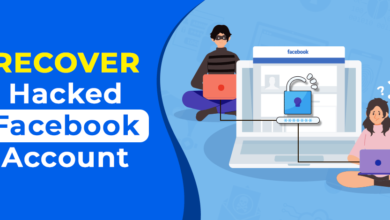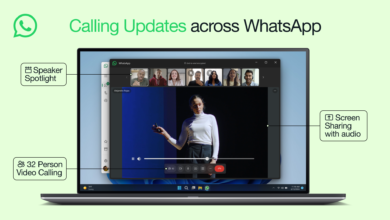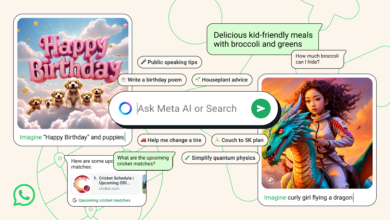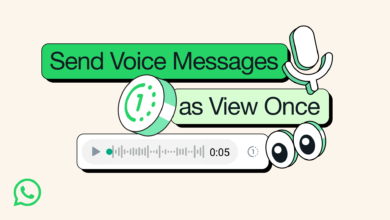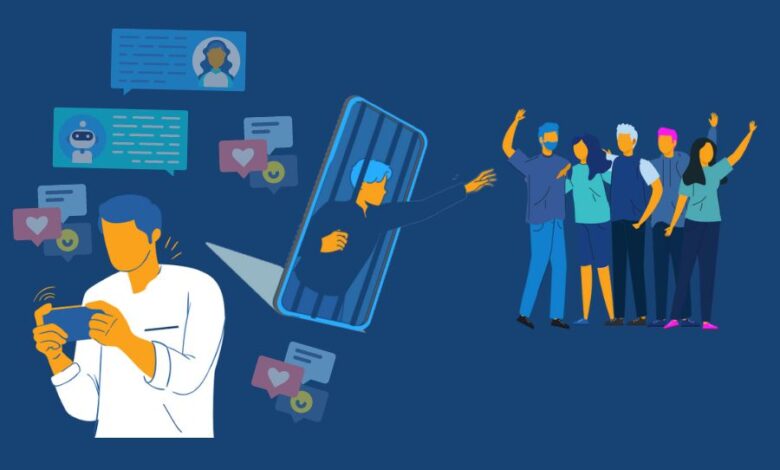
The Impact of Social Media on Education, Work, Health, Social Life, and Productivity
Social media has become an integral part of modern life, influencing various aspects of our daily routines. From education to work, health, social interactions, and productivity, the presence of platforms like Facebook, Twitter, Instagram, LinkedIn, and TikTok is pervasive. While social media offers numerous benefits, it also poses significant challenges. This blog explores the multifaceted impact of social media on these critical areas of life.
1. Education
Benefits:
- Enhanced Learning Opportunities: Social media platforms provide access to a wealth of information and educational resources. Students can join online study groups, participate in webinars, and follow educational pages that offer tutorials and courses.
- Increased Collaboration: Tools like Google Classroom, Facebook groups, and WhatsApp groups facilitate communication and collaboration among students and teachers. This enhances peer learning and helps students engage more deeply with the subject matter.
- Real-time Updates: Educational institutions use social media to communicate important announcements, deadlines, and events. This ensures that students are always informed and can manage their schedules effectively.
Challenges:
- Distractions: Social media can be a significant distraction, leading to procrastination and reduced focus on academic tasks. The constant notifications and allure of scrolling can detract from study time.
- Misinformation: The spread of misinformation on social media can confuse students and lead to the dissemination of incorrect information, which can affect learning outcomes.
2. Work
Benefits:
- Networking: Platforms like LinkedIn are invaluable for professional networking. They allow individuals to connect with industry peers, join professional groups, and stay updated on job opportunities and industry trends.
- Marketing and Branding: Businesses leverage social media for marketing and brand building. Effective social media strategies can increase visibility, attract customers, and drive sales.
- Employee Engagement: Companies use social media to enhance internal communication and employee engagement. Platforms like Slack and Workplace by Facebook help in building a cohesive work culture and keeping employees informed.
Challenges:
- Productivity Loss: The temptation to check social media during work hours can lead to significant productivity loss. Employees might spend more time on personal social media activities than on their work tasks.
- Reputation Risks: Inappropriate posts by employees can damage the company’s reputation. Companies must navigate the delicate balance between encouraging social media use for work-related purposes and managing the risks associated with it.
3. Health
Benefits:
- Health Information: Social media provides access to a plethora of health information and resources. Users can follow health organizations, join support groups, and access information about diseases, treatments, and wellness tips.
- Mental Health Support: Online communities offer support for mental health issues. People can share their experiences, seek advice, and find solace in knowing they are not alone.
Challenges:
- Mental Health Issues: Excessive use of social media has been linked to anxiety, depression, and low self-esteem. The pressure to conform to idealized representations of life can lead to feelings of inadequacy and social isolation.
- Sleep Disruption: The use of social media, especially before bedtime, can interfere with sleep patterns, leading to poor sleep quality and associated health problems.
4. Social Life
Benefits:
- Connectivity: Social media helps people stay connected with friends and family, regardless of geographical barriers. It enables the maintenance of relationships and the formation of new ones.
- Event Coordination: Platforms like Facebook and Meetup facilitate the organization and coordination of social events, making it easier for people to gather and socialize.
Challenges:
- Superficial Relationships: The nature of social media interactions can lead to superficial relationships. The lack of face-to-face interaction might weaken the depth and quality of relationships.
- Cyberbullying: Social media can be a breeding ground for cyberbullying and online harassment, which can have severe emotional and psychological effects on individuals.
5. Productivity
Benefits:
- Efficiency Tools: Social media offers various tools and apps that can enhance productivity. Platforms like Trello, Asana, and others help in task management and project coordination.
- Knowledge Sharing: Social media enables the sharing of best practices, tips, and strategies that can improve efficiency and productivity in both personal and professional contexts.
Challenges:
- Time Management Issues: The addictive nature of social media can lead to poor time management. Users may find themselves spending more time on these platforms than intended, which can detract from productive activities.
- Information Overload: The constant stream of information can be overwhelming, leading to decision fatigue and decreased productivity.
Conclusion
Social media’s impact on education, work, health, social life, and productivity is profound and multifaceted. While it offers significant benefits such as enhanced learning opportunities, improved networking, health information access, social connectivity, and productivity tools, it also presents challenges like distractions, misinformation, mental health issues, superficial relationships, and time management problems. Balancing the use of social media to harness its benefits while mitigating its downsides is crucial for maintaining overall well-being and productivity in the digital age.
